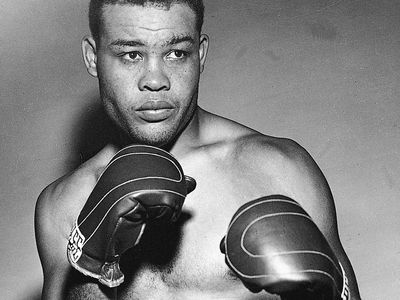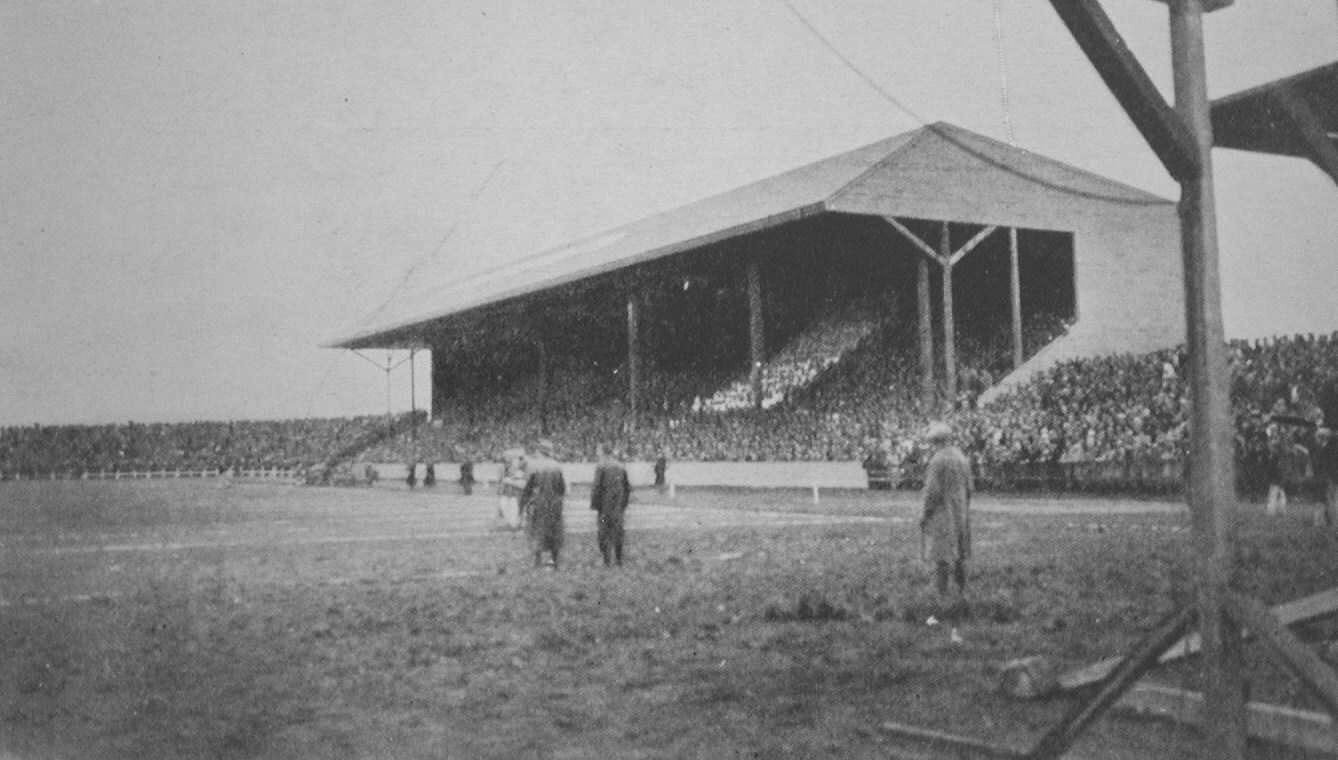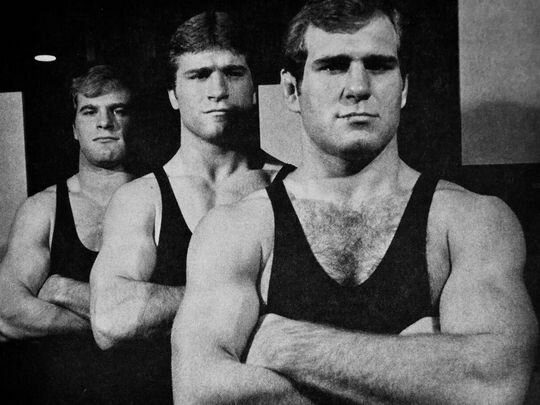Louis Clark Brock is one of the most under-appreciated players in the history of major league baseball.
Born in El Dorado, Arkansas, on June 18, 1939, he was the seventh of nine children. The family moved to Collinston, Louisiana, when Brock was two years old, where they worked as sharecroppers on a cotton plantation. He attended Union High School in Mer Rouge, Louisiana, and was a member of the math and chemistry teams. Brock also played guard on the basketball team and played outfield and pitcher for Union High’s baseball squad while batting .536 his senior year. In 1958, Southern University, an all-African-American college in Baton Rouge, Louisiana, offered him an academic scholarship as a math major. When a low grade in his first semester threatened that scholarship, Brock tried out for the baseball team and earned an athletic scholarship that allowed him to remain in school. Following a sub-par freshman year, Brock batted .545 with 80 hits and 13 home runs in only 27 games to lead Southern to the NAIA World Series title in his sophomore season, going 2-for-5 with three RBI in the championship game and being named to the All-Tournament team. He was selected to play for Team USA in the 1959 Pan Am Games before signing with the Chicago Cubs as an amateur free agent following his junior year at Southern. He was assigned to the St. Cloud [Minnesota] Rox for the 1961 season and led the Northern League in batting average [.361], doubles, runs scored and put-outs while stealing 38 bases. The Cubs called him up to their big league team, and on September 10, 1961, he went 1-for 5 in his major league debut against the Philadelphia Phillies. In 1962, Lou Brock became Chicago’s starting left fielder, where he was below-average defensively and hit a combined .260 over his first two seasons.
Brock’s career and the course of baseball history was changed on June 15, 1964—MLB’s trade deadline—when the St. Louis Cardinals, who were in eighth place and looking for a left fielder to replace the great Stan Musial, who had retired at the end of the previous season, traded Ernie Broglio, Bobby Shantz and Doug Clemens to the Cubs for Brock and pitchers Jack Spring and Paul Toth. It proved to be one of most lopsided trades in history, as Broglio, who had led the league with 21 wins in 1960 and 18 in 1963, would win only three games over the next two campaigns and was out of major league baseball after the 1966 season. Brock, on the other hand, batted .348, stole 33 bases and helped St. Louis to a 1964 World Series title over the New York Yankees. In 1966, Brock ended Maury Wills’ six-year reign as the National League’s stolen base champion with 74 steals, a title he would claim eight times in his career. Brock began the 1967 season by hitting five home runs in the first four games, a record Barry Bonds would equal in 2002, before becoming the first player to steal 50 bases and hit 20 home runs in the same season. He led the Redbirds to a World Series title while batting .414, scoring eight runs and setting a Series record with seven stolen bases. St. Louis returned to the Fall Classic in 1968, with Brock hitting .464 while scoring six runs and driving in five, but the Cardinals blew a 3-1 Series advantage and lost to the Detroit Tigers in seven games.
The “Base Burgler” collected 190 or more hits for six consecutive seasons beginning in 1969. In 1973, he broke a record set by Ty Cobb when he stole his 50th base of the season for the ninth time. The following year, he broke Wills’ single-season record, ending the year with 118 swipes and finishing second to Steve Garvey in NL MVP voting. Brock became MLB’s all-time stolen base king in 1977, passing Cobb’s career record of 892 steals. Two years later, he became the 14th player in major league history to collect 3,000 career hits with a looping single to left field against the Cubs. In 1979, the 40-year-old lefthander hit .304 and was named NL Comeback Player of the Year before retiring at the end of the season, becoming the first player in history to win that award in his final year.
Lou Brock played 19 major league seasons, accumulating 3,023 hits over 2,616 games in 10,332 at bats. His hit over .300 eight times, drove in 900 runs and knocked 149 home runs, including a majestic blast into the center field bleachers at the Polo Grounds in New York during his rookie season, one of only four players to achieve that feat. He stole 50 or more bases in 12 different seasons, has a career fielding percentage of .959 and retired as baseball’s single-season [118] and all-time [938] steals leader, both of which have been broken by Ricky Henderson. Brock’s .391 World Series batting average is the highest of all time for anyone who played over 20 series games and his 14 stolen bases in World Series play is also a record. Brock was a six-time All-Star and was inducted into the Baseball Hall of Fame on the first ballot in 1985. The Cardinals retired his number 20 jersey in 1979 and he was ranked 58th on The Sporting News’ list of the 100 Greatest Baseball Players. In 1978, the National League announced that its annual stolen base leader would receive the Lou Brock Award, marking the first time an active player had an award named after him. Mr. Brock’s legs took him to the Hall of Fame. Sadly, in October of 2015, he had his left leg amputated below the knee due to an infection related to diabetes.
On this date in 1974, Lou Brock was named Sportsman of the Year by The Sporting News.









